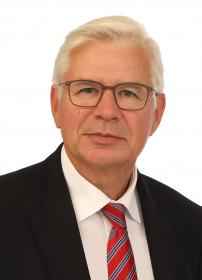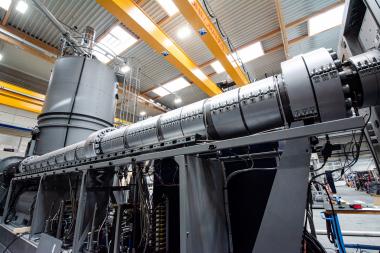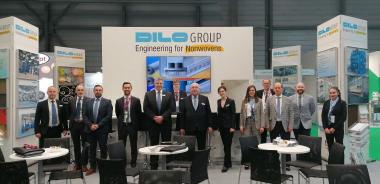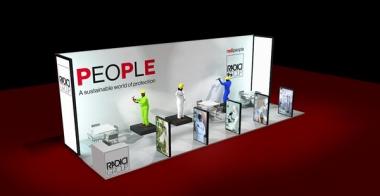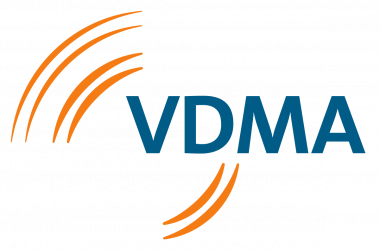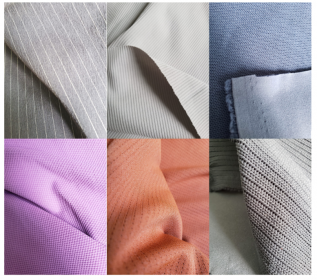36. Internationale Baumwolltagung Bremen verschoben
- Neuer Termin: 29. und 30. September 2022
- Einbettung in Baumwollwoche zum 150. Jubiläum
Die 36. Internationale Baumwolltagung Bremen, ursprünglich geplant für den 30. und 31. März, wird auf den 29. und 30. September 2022 verschoben. Die anhaltenden Einschränkungen durch die weltweite Pandemie erfordern konsequente Entscheidungen und die Verlegung in einen nun optimalen Zeitraum.
‚Cotton Decoded‘ lautet das Motto der 36. Internationalen Baumwolltagung Bremen. Am 30. und 31. März 2022 sollte sie nach zwei herausfordernden pandemischen Jahren zu einem großen Wiedersehen für die Baumwollbranche werden. Nun hält die Covid-19-Lage die Welt weiterhin fest im Griff und die Planungssicherheit für internationale Veranstaltungen auch und gerade im Mischformat „vor Ort und per Livestream“ ist unzureichend.
Die Bremer Baumwollbörse und das Faserinstitut Bremen e.V. als Veranstalter der Internationalen Baumwolltagung mussten deshalb rechtzeitig Konsequenzen ziehen: Das Präsidium der Baumwollbörse und die Leitung des FIBRE e.V. verlegen die Internationale Baumwolltagung Bremen in den Spätsommer 2022.
„Die Bremer Baumwolltagung ist auch bei internationalen Teilnehmern und Sprechern beliebt. In der Regel sind Gäste aus über 40 Ländern präsent. Aufgrund von strengen Reiserestriktionen verbunden mit Quarantänepflichten und im Verantwortungsbewusstsein für Besucher und Mitarbeiter wuchs unsere Besorgnis, dass die optimale Durchführung der Tagung im März nicht möglich sein würde. Die Entscheidung zur Verschiebung war in Anbetracht der aktuellen Lage die Konsequenz daraus“, erklärt Stephanie Silber, Präsidentin der Bremer Baumwollbörse. Sie betont: „Zudem wird die Bremer Baumwollbörse damit dem Jubiläumsgedanken gerecht. Schließlich sollen im Jubiläumsjahr so viele Gäste wie möglich nach Bremen kommen, um gemeinsam zu tagen und zu feiern und das dürfte im September hoffentlich gelingen.“
Prof. Dr. Axel Hermann, Direktor des mitveranstaltenden Faserinstituts Bremen e.V., ergänzt: „Der neue Termin bietet Planungssicherheit für Organisatoren und Sprecher der Tagung. Zwar wird auch da eine Teilnahme per Videostream möglich sein, doch auch unsere hochkarätigen Referenten sollten nach Möglichkeit persönlich nach Bremen reisen. Im Livevortrag sollen die Vortragenden sich auch auf ein Publikum vor Ort freuen können.“
Jubiläumswoche
Die 36. Internationale Baumwolltagung wird nun vom 29. bis 30. September 2022 stattfinden. Die Teilnehmer können vor Ort teilnehmen aber auch eine Onlineteilnahme wird möglich sein. Die Veranstaltung sowie die zahlreichen Experten- und Verbandstreffen werden in eine von Themenvielfalt geprägte Baumwollwoche eingebettet. Nicht nur die Feierlichkeiten zum 150. Geburtstag der Bremer Baumwollbörse finden in dieser Woche statt, sondern auch die Vorstellung eines Jubiläumsbuches. Darüber hinaus steht die Eröffnung einer großen Baumwollausstellung im Übersee-Museum Bremen auf dem Programm. Geplant sind auch diverse Presseevents.







